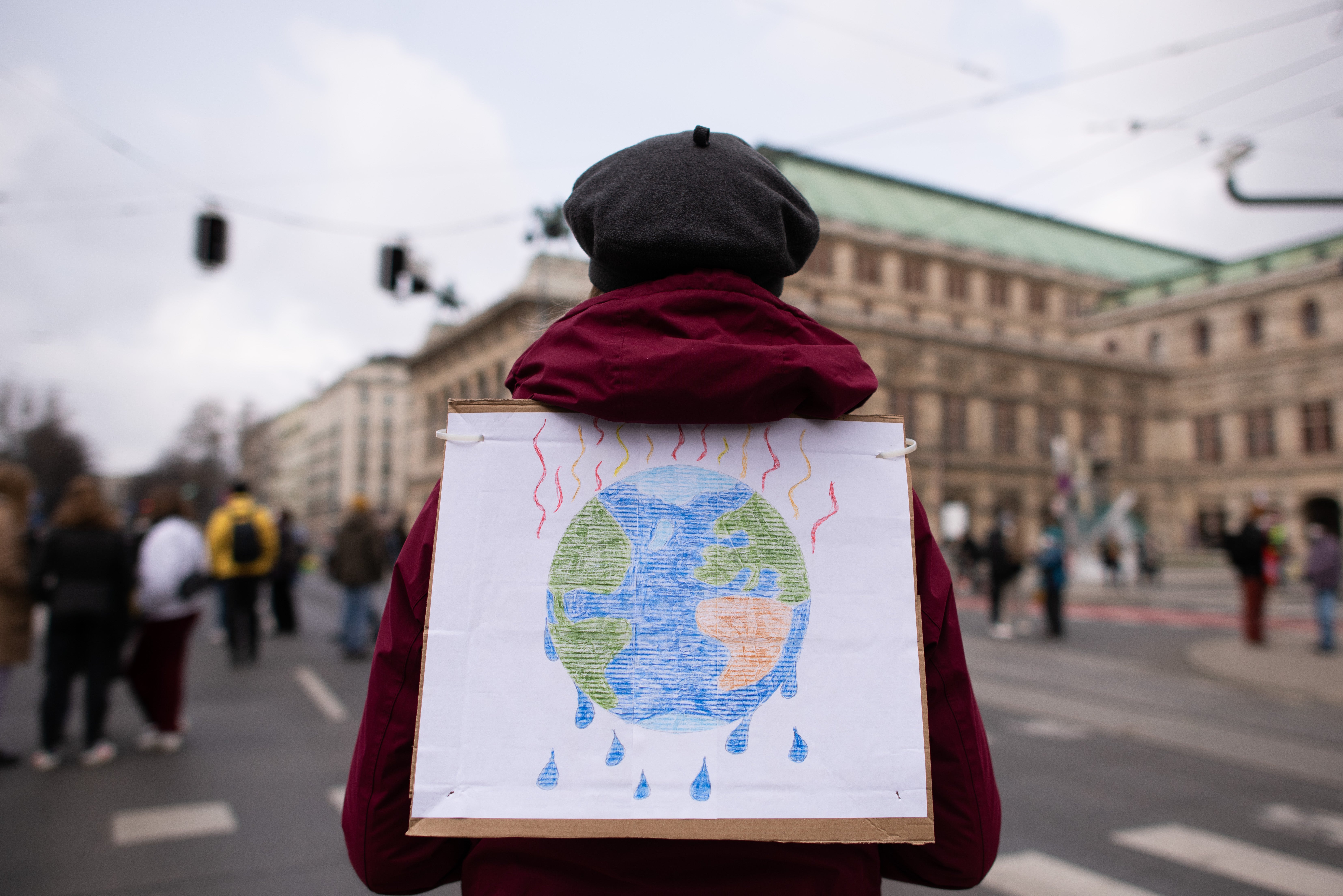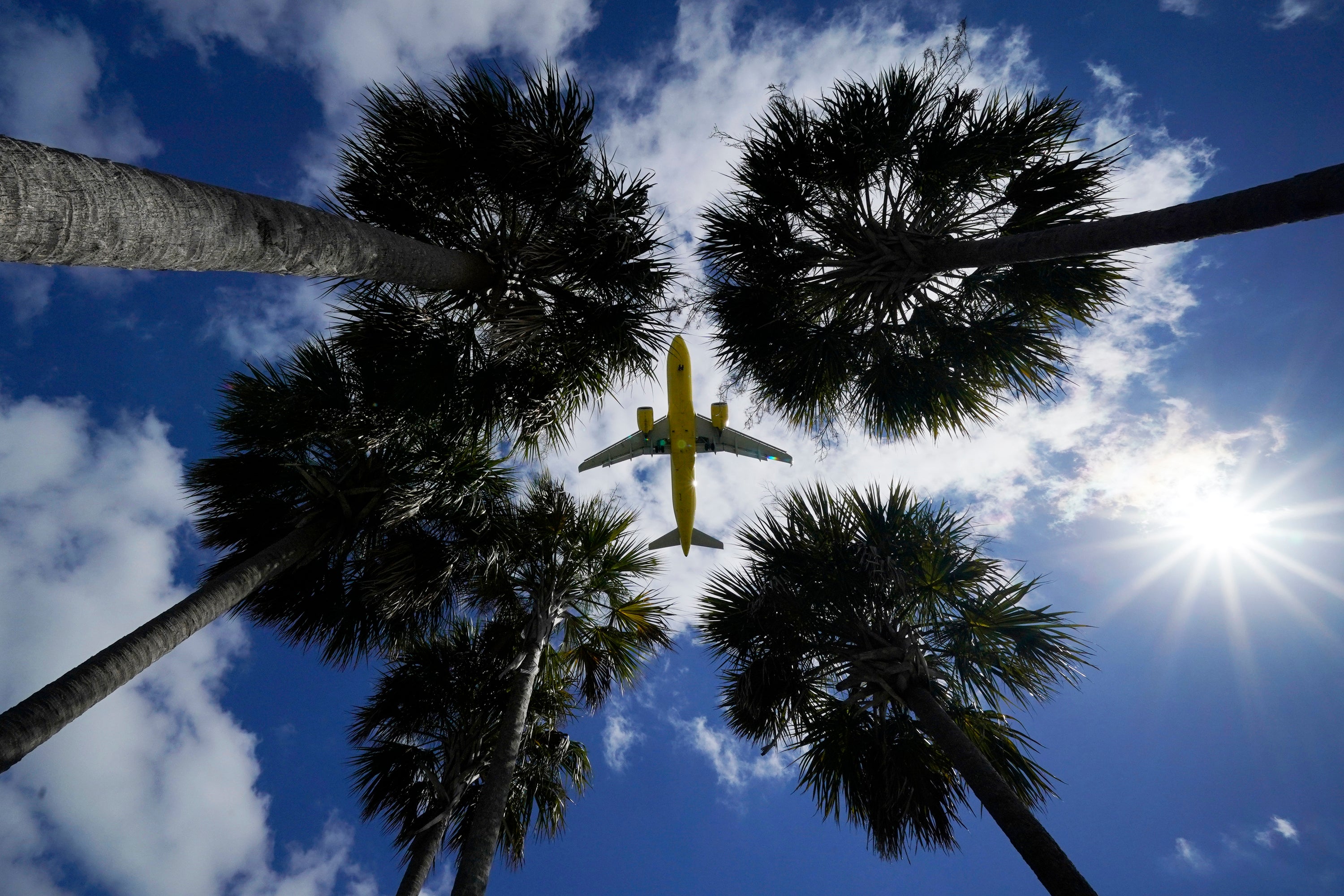Wealthy must acknowledge their ‘climate privilege’, says scientist
Exclusive: World’s top consumers must take responsibility for their role in the climate crisis, says sustainability scientist Prof Kimberly Nicholas

The world’s wealthiest people must acknowledge their “climate privilege” and take action to reduce the size of their carbon footprints, a scientist has urged.
Since the start of the fossil fuel era, poorer nations have contributed the least to the climate crisis yet stand to bear the brunt of its impacts, says Prof Kimberly Nicholas, a sustainability scientist from Lund University in Sweden.
Climate inequality also exists within rich countries, she says, with poorer and minority communities often facing the largest climate impacts despite causing fewer emissions.
In a new book, Prof Nicholas argues that the top consumers in wealthy countries must acknowledge their role in driving the climate crisis – and their ability to make decisions to reduce their emissions.
Prof Nicholas told The Independent: “It is very unfair that the people who have done the least to cause the problem – who are young or poor or marginalised in some way – are already feeling the most severe impacts. And that’s a trend that will continue to be magnified as warming worsens.
Read more:
- Far-right is co-opting environmentalism to justify anti-immigration and anti-Semitic views
- UK ‘halfway to net zero’ due to dip in emissions caused by coronavirus pandemic
- How bad is bitcoin for the environment really?
- Climate change disproportionately affects women – but they can also provide the solution
“But I think the other side of the coin is confronting my own privilege and recognising the responsibility that comes with that.”
Her newly released book, Under the Sky We Make, notes that the US and Europe have together produced nearly half of all the carbon that has been released into the atmosphere since the start of the industrial era in the 1800s.
The UK was the world’s largest carbon emitter on an annual basis until the turn of 20th century, when the US took over as the biggest polluter. China, the world’s annual largest emitter, did not take the top spot until 2006.
“Western leaders who throw up their hands and proclaim, ‘It doesn’t matter what we do, look at China!’ remind me of someone eating nearly all the cake, then blaming its disappearance on the person reaching for their first piece,” Prof Nicholas writes in her book.
She also points to research by Oxfam which found that the poorest 50 per cent of US households produce around eight tonnes of CO2 per person each year, while the richest 10 per cent emit an average of 50 tonnes.
Separate analysis by the charity has found that the wealthiest 1 per cent of people in the UK each produce 11 times the amount of CO2 emissions of someone from the poorest half.
In her book, Prof Nicholas writes that the term “climate privilege” is about understanding that “the more power and privilege I have, the more responsibility I need to take” for the climate crisis.
The term does not mean that the world’s wealthiest people are immune from the impacts of the climate crisis, she added.
“I still hear people saying things like: ‘Climate change will be inconvenient for me, but it will be really bad for other people.’ And I think that’s a mistaken belief,” she said. She pointed to recent severe wildfires in California as one example of how wealthy communities are already being impacted by the climate crisis.
In 2017, Prof Nicholas co-authored a study that outlined “high-impact actions” individuals in wealthy countries could take to reduce their carbon footprints.
Among these actions are living car-free, avoiding air travel and sticking to a plant-based diet.

Such actions could have a much larger effect on an individual’s carbon footprint than commonly promoted environmental strategies such as recycling, the study noted.
For example, it found that eating a plant-based diet is four times more effective at saving on greenhouse gas emissions on an annual basis than recycling.
Meanwhile, avoiding just one transatlantic flight a year is eight times more effective at saving on emissions than recycling, and living car-free is 11 times more effective.
In Under the Sky We Make, Prof Nicholas says that individuals looking to cut their carbon footprint should stick to these “high-impact actions” rather than “sweating the small stuff”.
“Anything you can do to reduce your flying, driving and animal-product consumption makes the biggest difference for the climate,” she said.
She added that more action from wealthy individuals must be coupled with systemic change from businesses and governments if the world is to meet its climate goals.
“It’s really both that are necessary, that’s what the data tells us,” she said.
“One thing that I think gets lost is who is it that needs to take personal climate action. The answer is people like me, people who have historically high emissions or have higher emissions than average for their country.
“And then we additionally need all the structural changes in businesses and government.”
The next 10 years will be crucial for taking action at every level, she added.
“For me a big takeaway is just how incredibly critical this decade is. We just happen to be alive at what seems to me as the most critical moment for humanity. That is a huge responsibility – and also an opportunity.”
Join our commenting forum
Join thought-provoking conversations, follow other Independent readers and see their replies
Comments
Bookmark popover
Removed from bookmarks